Reiki caught in UK crossfire
Congratulations to the publicists for the soon-to-be-published book Trick or Treatment? Alternative Medicine on Trial by Simon Singh and Edzard Ernst. They've employed one of the oldest tricks in marketing: attacking a celebrity in order to draw attention to something that otherwise would have drawn little notice. The old trick worked, as usual, and the book has already made headlines.
The celebrity under attack is Prince Charles, a vocal proponent of complementary and alternative medicine and founder of the Prince's Foundation for Integrated Health. In a letter to the Times of London, Singh and Ernst demand the recall of two documents recently produced by the Prince's Foundation, charging that they are inaccurate.
“The majority of alternative therapies appear to be clinically ineffective and many are downright dangerous," the Times quotes from the letter in an article by Science Editor Mark Henderson. And in a section labeled "Claims and Counters," the article addresses specific modalities, including Reiki:
Reiki: used for physical, mental and emotional conditions
There is no good evidence that Reiki is effective for any condition
Neither the book authors nor the Times' science editor cited any specific sources for that claim, but it appears the authors did not look at any of these articles or those available here or here or here or here or here or here.
Strangely, Dr. Singh, a particle physicist before he turned to science journalism, received a Ph.D. for his efforts to find something that wasn't proven to exist (the top quark), even though that subatomic particle wasn't discovered until after he earned the degree. Obviously he was more persistent in his search for that quark than in seeking "good evidence" about Reiki.
Singh and Ernst, along with Henderson (presumably quoting them), make similar charges about acupuncture, cranial therapy, homeopathy, reflexology, and shiatsu.
Let's go back to that quote from the authors' letter to the Times: ". . .appear to be clinically ineffective and many are downright dangerous. . ." That description could -- based on scientific studies -- describe certain controversial and lucrative prescription drugs to which scientists Singh and Ernst apparently have no objection.
The attack on the Prince of Wales and complementary and alternative healing are badly timed, not only for the book (which is not yet on sale) but for the United Kingdom's natural healing community, which is soon to be self-regulated under the Complementary and Natural Healthcare Council (scheduled to begin this month, but now said to begin "in summer").
But publicity is publicity, so that means Simon Singh and Edzard Ernst are this week's Celeb-Reikies. Prince Charles then becomes a re-Celeb-Reiki, since he's already received the distinction previously. And because there's so much interesting reading at the links in this post, it will also serve as this week's Reiki Roundup.











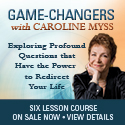









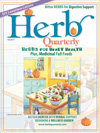
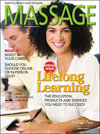

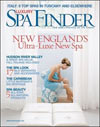
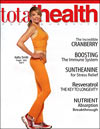






1 Comments:
Dear Janet. I love your blog, but actually they used 4,000 clinical research studies plus all the Cochrane reviews. As you know, the Cochrane people actually offer rewards for people who can prove their resarch wrong - they actively encourage review - so it might be worth your while to set up a team to do that work and claim the money? My problem with reiki is the usual one: would you pay a car mechanic US$100.- to wave their hands over your busted car? I don't think so. What's nice about reiki is the time you get to spend with a human being, but you might as well call it talking rather than reiki for all the actual effect that reiki has
Post a Comment
<< Home